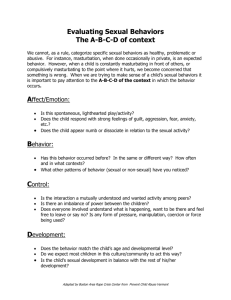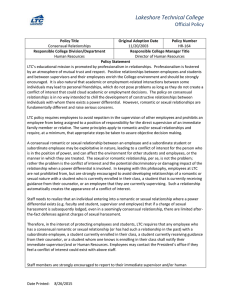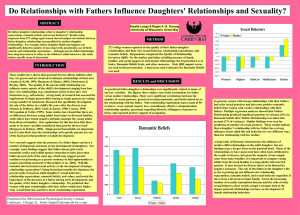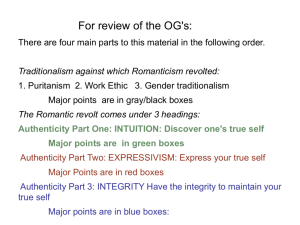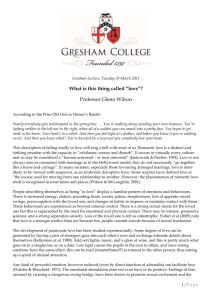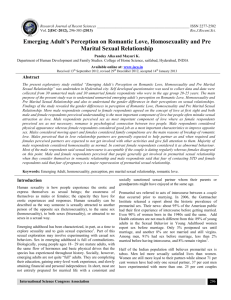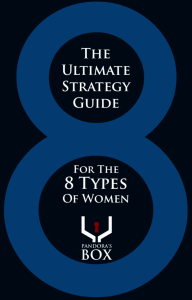Staff Relationships
advertisement
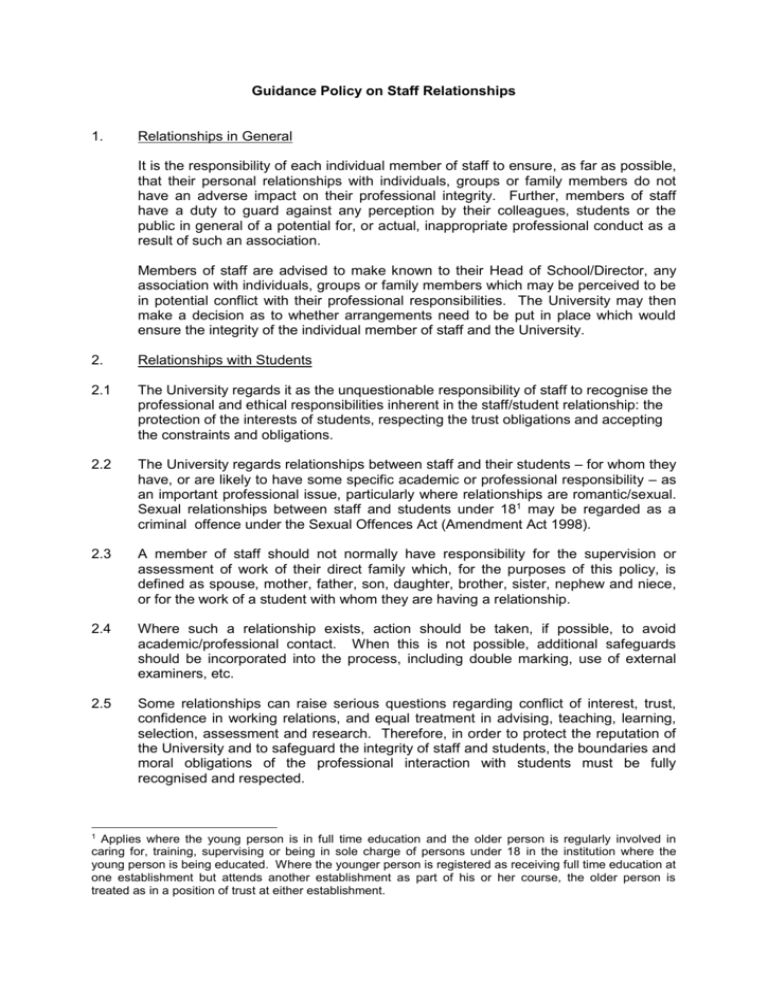
Guidance Policy on Staff Relationships 1. Relationships in General It is the responsibility of each individual member of staff to ensure, as far as possible, that their personal relationships with individuals, groups or family members do not have an adverse impact on their professional integrity. Further, members of staff have a duty to guard against any perception by their colleagues, students or the public in general of a potential for, or actual, inappropriate professional conduct as a result of such an association. Members of staff are advised to make known to their Head of School/Director, any association with individuals, groups or family members which may be perceived to be in potential conflict with their professional responsibilities. The University may then make a decision as to whether arrangements need to be put in place which would ensure the integrity of the individual member of staff and the University. 2. Relationships with Students 2.1 The University regards it as the unquestionable responsibility of staff to recognise the professional and ethical responsibilities inherent in the staff/student relationship: the protection of the interests of students, respecting the trust obligations and accepting the constraints and obligations. 2.2 The University regards relationships between staff and their students – for whom they have, or are likely to have some specific academic or professional responsibility – as an important professional issue, particularly where relationships are romantic/sexual. Sexual relationships between staff and students under 181 may be regarded as a criminal offence under the Sexual Offences Act (Amendment Act 1998). 2.3 A member of staff should not normally have responsibility for the supervision or assessment of work of their direct family which, for the purposes of this policy, is defined as spouse, mother, father, son, daughter, brother, sister, nephew and niece, or for the work of a student with whom they are having a relationship. 2.4 Where such a relationship exists, action should be taken, if possible, to avoid academic/professional contact. When this is not possible, additional safeguards should be incorporated into the process, including double marking, use of external examiners, etc. 2.5 Some relationships can raise serious questions regarding conflict of interest, trust, confidence in working relations, and equal treatment in advising, teaching, learning, selection, assessment and research. Therefore, in order to protect the reputation of the University and to safeguard the integrity of staff and students, the boundaries and moral obligations of the professional interaction with students must be fully recognised and respected. 1 Applies where the young person is in full time education and the older person is regularly involved in caring for, training, supervising or being in sole charge of persons under 18 in the institution where the young person is being educated. Where the younger person is registered as receiving full time education at one establishment but attends another establishment as part of his or her course, the older person is treated as in a position of trust at either establishment. 2.6 Sexual/romantic relationships with students will always involve serious risks and may involve serious difficulties rooted in the unequal power, and hence choice, of the parties concerned, as well as real problems in maintaining the boundaries of professional and personal life. Such relationships can also disrupt the teaching, learning or research environment for other students and colleagues. 3. Handling and Reporting a Relationship with a Student 3.1 In the event of involvement in a relationship with a student for whom the member of staff has or is expected to have academic or professional responsibility, particularly where it is a romantic/sexual one, the member of staff is required to declare it to his or her Head of School/Director as soon as possible. Failure to do so will be considered as a disciplinary offence. Staff should be assured that such a declaration will be treated in confidence, with only those required to know of the circumstances being so advised. It will then be the duty of the Head of School/Director to facilitate the reorganisation of the staff member’s duties in order to avoid professional contact with the student concerned. 3.2 Where the Head of School is involved in the relationship, the Dean should be informed and will act in place of the Head. Where the Director is involved in the relationship, the Registrar and Chief Operating Officer should be informed and will act in place of the Director. Should the Dean, Registrar and Chief Operating Officer, or Pro-Vice-Chancellors be involved in the relationship, the Vice-Chancellor should be informed and he/she will take the appropriate action. Where the Vice-Chancellor is involved in the relationship, the Pro-Chancellor of Senate should be informed. In situations where the relationship is truly consensual, and where the academic progress of the student will be unavoidably and irreparably impaired by the termination of the professional contact with the member of staff, this contact may be maintained only for as long as is necessary and under the close supervision of the Head or School/Director [Dean/Registrar and Chief Operating Officer if appropriate]. In such circumstances, consideration should be given to putting in place additional academic safeguards, including double marking, checking of answers by an external examiner. Such an arrangement will only continue for as long as the student consents to it and providing the member of staff is not involved in any assessment of the student. Where the student does not consent then the Head of School shall put in place alternative arrangements. 3.3 Students who are, or who have been, involved in sexual/romantic relationships with staff, and who do not consider their involvement to be truly consensual, have the right to consult, in confidence, one of the University’s Harassment Advisors. Similarly, staff have the right to consult with one of the Harassment Advisors where they find themselves the object of unwanted sexual/romantic advances by a student. In such circumstances, the member of staff should advise his or her Head of School/Director as soon as possible of the situation. 3.4 Students or members of staff who are concerned about the existence of a relationship between a fellow student and a member of staff have the right to raise the matter with the Head of School/Director [Dean /Registrar and Chief Operating Officer if appropriate]. The Head of School will put in place arrangements to investigate the matters raised in consultation with the Directors of Academic and Student Affairs and Human Resources. Where necessary the existing formal disciplinary procedures for students and staff will be used to deal with outcomes of the investigations. 3.5 There may be occasions when postgraduate students, teaching assistants or visiting staff are involved in the assessment of undergraduate work. The guidance set out in this policy applies to these circumstances. 4. Relationships between Members of Staff 4.1 Where a romantic/sexual relationship exists between two members of staff within the same School or Directorate, or where there is a relationship which could lead to a conflict of interest (real or perceived), this should be reported to the Head of School/Director, who shall be responsible for deciding whether there is a need to change any working arrangements to protect the individuals or School/Directorate. SMcG/AH/Approved by Senate 27.11.07





